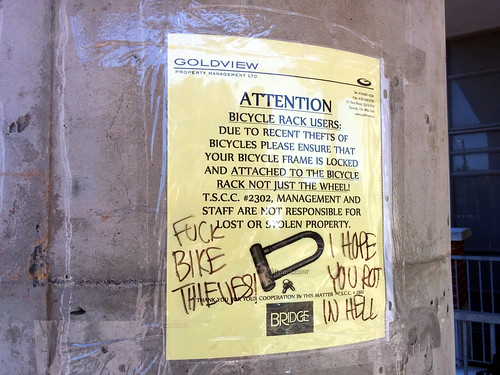‘May All of Their Souls Rot in Hell’: Two Colorado Paramedics Who Injected Elijah McClain with an Overdose of Ketamine Found Guilty In His Death
ROT IN HELL #ROTINHELL

A jury in Colorado decided that two first responders, Jeremy Cooper and Peter Cichuniec from Aurora Fire Rescue, are responsible for the death of Elijah McClain, a young Black man who died in 2019 due to a fatal overdose of a sedative during his arrest.
Paramedics Jeremy Cooper (left) and Peter Cichuniec (right) are on trial for the death of Elijah McClain after administering a 500-milligram dose of ketamine to McClain after he was involved in a struggle with police. (Mugshots: YouTube/Law & Crime)
The jury found the paramedics guilty of criminally negligent homicide. Both medical professionals were also charged with assault. Cichuniec was found guilty of one of the assault charges, second-degree assault, for the unlawful administration of drugs, while Cooper was not found guilty of the assault charges.
The almost four-week-long trial is the last of all of the trials seeking to bring justice for McClain, who was 23 years old when he was killed.
The verdict delivered on Friday, Dec. 22, was good news to McClain’s mother’s ears.
Sheneen McClain exclaimed, “We did it! We did it! We did it!” with her fist in the air as she left the courtroom, according to The Associated Press.
While the mother rejoiced in the victory, others said this opens the doors to criminalize split-second decisions made by first responders.
The International Association of Fire Fighters called the move by Colorado Attorney General Phil Weiser to charge the paramedics “dangerous.”
“When politics drive prosecution — forcing firefighters and paramedics to second-guess decisions — public safety is compromised,” association president Edward Kelly said in a statement.
According to prosecutors, the paramedics failed to perform essential medical assessments on McClain, neglecting basic checks like taking his pulse before administering the ketamine.
Experts testified that the dosage was excessive for someone of his size — 140 pounds. Additionally, prosecutors assert that the paramedics did not monitor McClain promptly after administering the sedative; instead, they left him on the ground, exacerbating difficulties in breathing.
The defense lawyers for the two medical professionals argued they were following the training they received for someone they believed was in “excited delirium.”
Shereen McClain rejected the defense, saying that the paramedics did not act with compassion when treating her son.
“They can not blame their job training for their indifference to evil or their participation in an evil action,” she wrote in a statement released before the verdict. “That is completely on them. May all of their souls rot in hell when their time comes.”
Though his death occurred in 2019, cries for justice for the young man were interjected into the 2020 summer of civil unrest.
He was stopped by Aurora officers on Aug. 24, 2019, because someone complained about a suspicious-looking person in the neighborhood. The 17-year-old caller believed McClain was suspicious because he was wearing a mask — one he wore because of a circulation disorder — and waving his hands as he listened to earbuds as he walked home from a store that night.
As officers sought to detain him and he protested that he wanted to be left alone, one claimed that McClain reached for his gun, prompting another to apply a chokehold on the young man within a minute of their encounter. That officer was convicted of homicide and third-degree assault earlier this year, while two officers were acquitted, and one is back working on the APD.
McClain’s death has forever changed the community of Aurora, according to one supporter and civil rights activist, Omar Montgomery,
“The death of Elijah McClain, unfortunately, is the reason there is major reform in the Police Department,” said Montgomery, the president of the Aurora NAACP, according to The New York Times.
“Hopefully, his legacy is that other Black people, other people of color, will have a public safety system that they can believe in.”